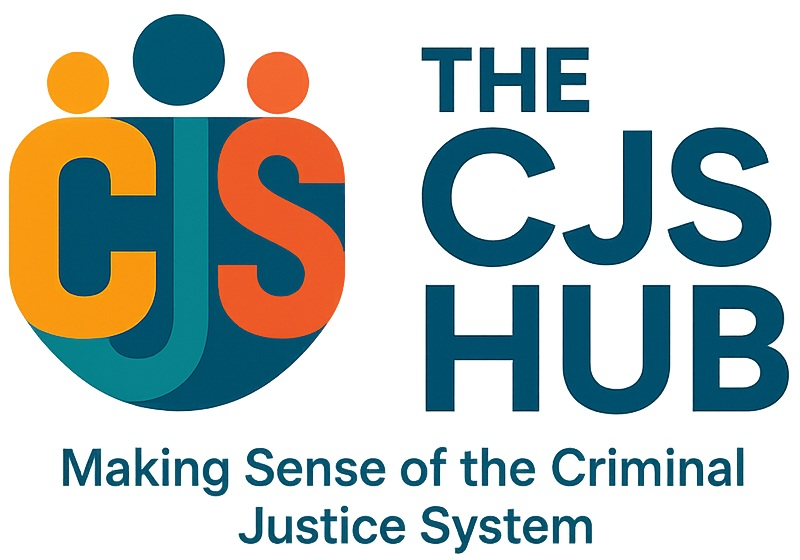How Charges Are Issued
When the police or prosecutors decide there’s enough evidence, a formal charge can be issued in one of three ways:
- Custody Charge
If the police have you in custody, a Custody Officer decides whether there’s enough evidence to press charges. If so, you’ll be charged and either released—possibly on police bail or “Released Under Investigation (RUI)”—or kept in custody until your court appearance. Detention must be reviewed regularly and can last up to 96 hours in most cases. - Postal Requisition (Postal Charge)
If you’re not arrested, a Postal Requisition (also called a postal charge) may be sent—especially if you were interviewed under caution or released under investigation. It’s a legal document telling you to appear at a Magistrates’ Court on a specified date. Never ignore one—failing to attend can lead to an arrest warrant. - Court Charge—Typically via Solicitor or CPS
In some cases, particularly more serious ones, the Crown Prosecution Service (CPS) steps in. Prosecutors apply a full test: (1) is there a realistic prospect of conviction, and (2) is prosecution in the public interest? If not, they may decline to charge or offer an alternative, like a caution.
Once the decision to charge is made, the CPS or police sets your first court date—within days or weeks, depending on how serious the case is and whether you’re in custody or on bail.
Reading the Charge Sheet
A charge sheet is the document that officially records what you’re being accused of. It should clearly state:
- The offence(s) you’re charged with,
- Where and when the alleged offence happened,
- What laws you’re accused of breaking.
This is your first real window into what you’re facing.
Take it seriously—get legal advice, check the details, and clarify anything you don’t understand.
What Happens Next—and Who You’ll See First
All criminal cases in England and Wales start in the Magistrates’ Court, even if they eventually go to Crown Court. If it’s a minor offence, the trial may stay here. If it’s more serious—or deemed too complex—the Magistrates will send it up to Crown Court.
Wikipedia
At your first hearing, called a Plea and Trial Preparation Hearing (PTPH), the court clerk will read your charges out loud (called an “indictment”) and ask whether you plead guilty or not guilty.
cps.gov.uk
What You Can Do Next
- Understand the type of charge—custody, postal, or court-based—and whether it means you’re already in custody or not.
- Read the charge sheet carefully. It defines the case.
- Know where your case starts—most will begin in Magistrates’ Court.
- Seek legal help early. It makes a real difference to how your case is handled.
- Don’t ignore any notifications—especially postal charges.
